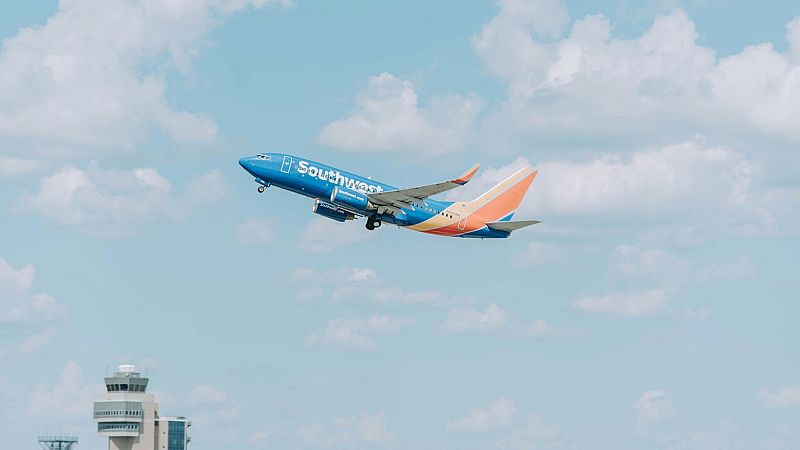
New Policy Changes at Southwest Airlines
Southwest Airlines is implementing a series of changes that will affect how passengers book and use their seats. One of the most significant updates is the requirement for travelers who cannot fit within the armrests of their seat to purchase an additional seat in advance. This new rule comes into effect on 27 January, coinciding with the airline’s decision to start assigning seats. This marks a major shift from its previous policy, which allowed passengers to choose their seats upon boarding.
Currently, plus-size passengers have two options: they can either pay for an extra seat at the time of booking and potentially receive a refund later, or they can request a free extra seat at the airport. Under the new policy, refunds are still possible but no longer guaranteed. The airline emphasized this change as part of its preparations for assigned seating in the future.
A Shift in Identity for Southwest
This policy update reflects a broader transformation for Southwest, which had long been recognized for its unique approach to air travel. The airline was known for allowing passengers to select their own seats after boarding and for offering free baggage allowances, which set it apart from competitors. These features were central to its identity as a budget carrier.
Despite these changes, Southwest has stated that it will still offer refunds for extra seats under certain conditions. If the flight is not fully booked at the time of departure, and both tickets were purchased in the same booking class, passengers may be eligible for a refund. However, this must be requested within 90 days of the flight.
Impact on Travelers and Industry Trends
Passengers who need an extra seat but fail to purchase one in advance will be required to buy it at the airport. If the flight is full, they may be rebooked onto a different flight. This adjustment highlights the challenges faced by low-cost carriers globally, as they reassess their business models.
In Europe, regulators have focused on improving transparency and passenger rights. In June, the EU introduced a proposal that would allow passengers to bring a personal item and a cabin bag weighing up to seven kilograms for free. This measure aims to create a fairer and more efficient system for travelers.
However, analysts warn that these new protections could lead airlines to increase fares in other ways, as they seek alternative revenue streams. Hidden fees remain a common issue, with costs creeping in for various services such as seat selection, baggage, and name changes.
Passenger Concerns and Reactions
As airlines adjust their policies, travelers are expressing concerns about comfort and fairness. Jason Vaughn, a travel agent based in Orlando, noted that Southwest’s new rule could impact travelers of all sizes. He praised the current policy for creating a more comfortable flying experience for plus-size passengers while ensuring adequate space for all.
Vaughn likened the change to the backlash against Cracker Barrel’s recent logo update, suggesting that Southwest is losing touch with its customer base. He believes the airline is struggling to maintain its identity amid pressure from activist investors to boost profits and revenue.
Broader Industry Changes
While some changes disadvantage passengers, others offer benefits. For example, UK-based Jet2 announced that children under two will fly free, regardless of whether they are booked on package holidays or seat-only flights. The airline also eliminated excess baggage fees for prams, car seats, and other infant equipment.
As the industry continues to evolve, the balance between cost efficiency and passenger satisfaction remains a key challenge. Airlines must navigate these changes carefully to maintain customer loyalty while adapting to new market demands.

Posting Komentar